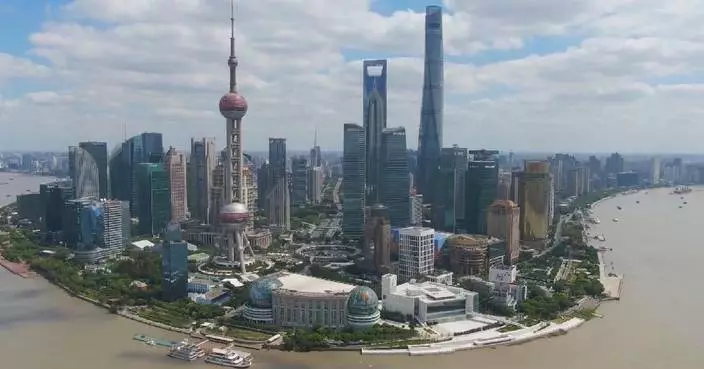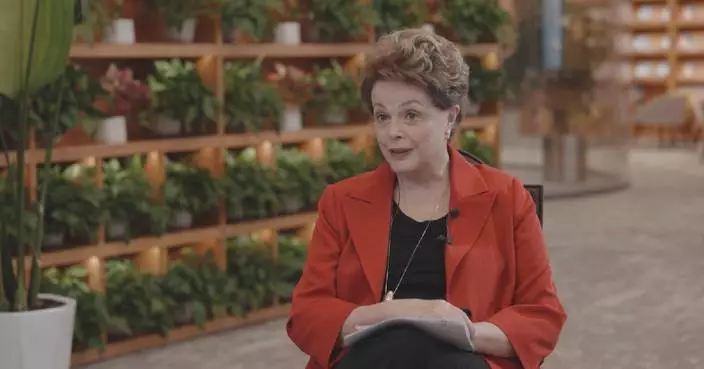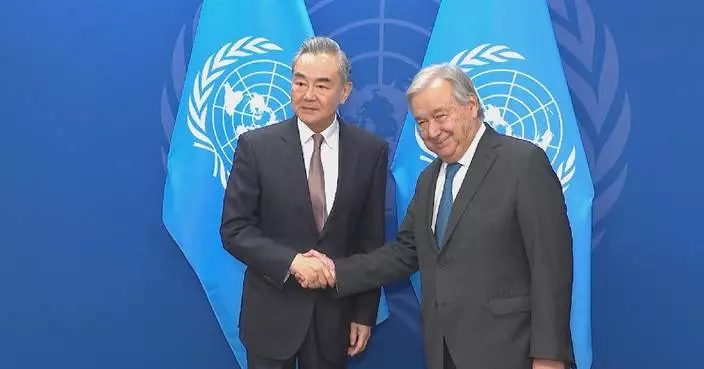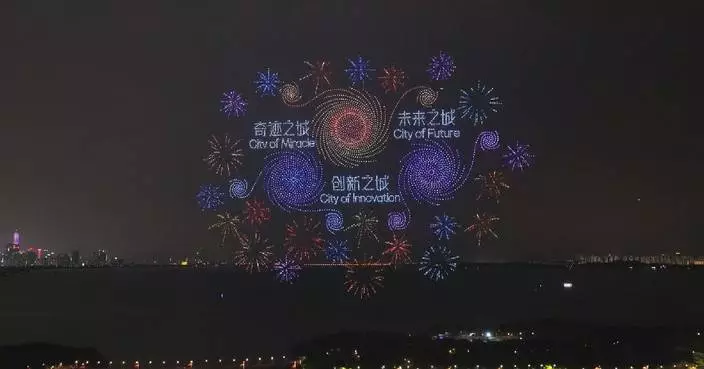Minawar Aili, a Uygur instructor at Ningbo Polytechnic in east China's Zhejiang Province, has been dedicated to fostering ethnic unity and cohesion among students in her decade-long ideological and political education, and was awarded role model for ethnic unity and progress.
A grand meeting was held in Beijing on Friday to honor role models for ethnic unity and progress. A total of 352 groups and 368 individuals were honored. Minawar Aili is one of the winners. Chinese President Xi Jinping and other senior leaders presented the awards to representatives of the models.
The campus recently welcomed some graduated students who eagerly returned to share their work and internship experiences with Minawar.
"Sister Minawar reached out to us on WeChat, and our classmates from all ethnic groups returned to participate in school activities," said Li Bo, a graduate from Ningbo Polytechnic.
Minawar, a Uygur girl from northwest China's Xinjiang Uygur Autonomous Region, was admitted to Ningbo University in 2005 with outstanding results. After graduation, she took on the role of a full-time supervisor at Ningbo Polytechnic.
To support the integration of ethnic minority students, Minawar meticulously documented each student's family background, major, hobbies, and dormitory information.
In 2017, she pioneered the establishment of Minawar Studio to innovate conventional education featuring immersive approaches. She also developed her original work method which employs a stratified, classified, and time-based approach, facilitating better integration among all ethnic groups and fostering talent development.
"We provide targeted assistance to them, including improving language skills, learning professional courses, providing employment and entrepreneurship guidance and assistance, so as to help them achieve better personal development." she said.
For over ten years, students of all ethnic groups supervised by Minawar have diligently engaged in work at the grassroots level, becoming the "new force" in championing economic and social development while promoting national unity.
"All ethnic groups should be united like pomegranate seeds packed tightly. My original aspiration is to unite my students as tightly as pomegranate seeds, and guide them to practice ethnic unity," she said.
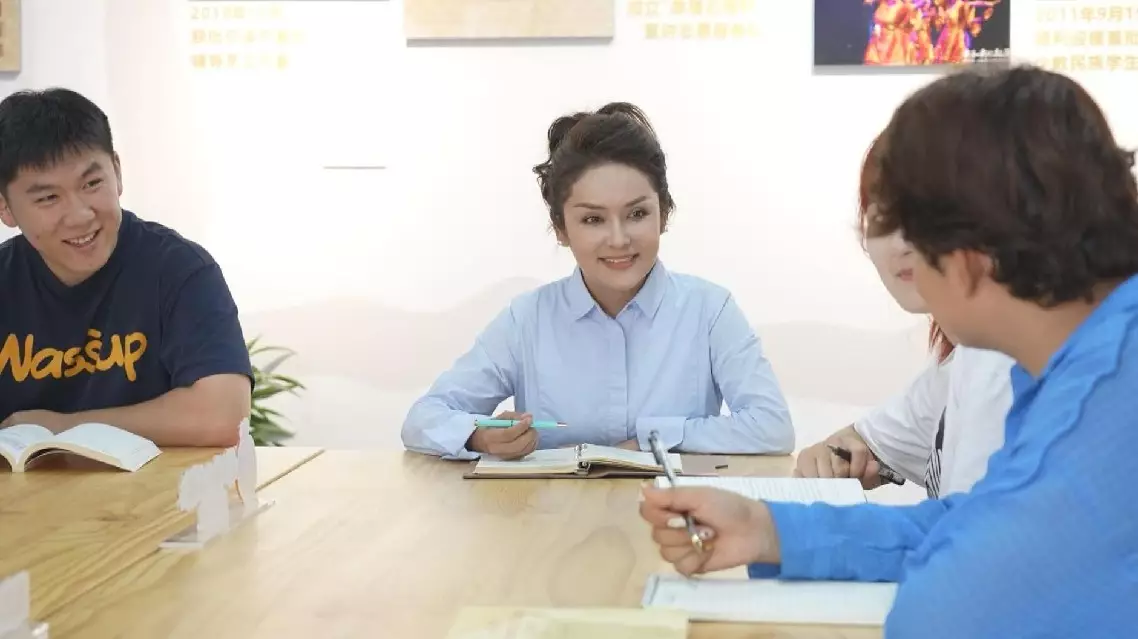
Uygur instructor awarded role model for promoting ethnic cohesion among students
The U.S. government's decision to hike tariffs on Chinese imports, from electric vehicles (EVs) and lithium-ion batteries to photovoltaic solar cells, is aimed at "buying time" for America's own industries that have lagged behind their Chinese counterparts both in technology and performance in the global market, according to an automotive analyst based in Cardiff, the United Kingdom.
Paul Nieuwenhuis, co-director of the Center for Automotive Industry Research at the Cardiff Business School, shared his viewpoints on Friday with the China Global Television Network (CGTN) on what motivated the U.S. protectionist move and how the tariff hikes will affect China's efforts to make further inroads into the Western market going forward.
Despite China's strong opposition and warning of the implications on bilateral trade ties, the Office of the U.S. Trade Representative finalized its plan two weeks ago to raise tariffs on a slew of strategic goods made in China, largely adopting hikes it first proposed in May this year. The heightened tariffs include a 100-percent tariff on EVs, a 25-percent tariff on lithium-ion batteries, and a 50-percent tariff on photovoltaic solar cells, with the first set going into effect on Friday.
Nieuwenhuis said the U.S. had a head start in making EVs but has eventually found itself playing catch up with more advanced Chinese technology in recent years, which has prompted its decision to adopt the suppressive trade measures.
"There is a strong political angle to this, of course. The U.S. car industry has, in a sense, been caught out. They found that for many years it was more profitable to make big pickup trucks and SUVs, and they made a lot of money on them. And they knew that if they went for electric vehicles, they would not make much money. But of course, ironically, the first modern credible electric vehicle was the General Motors EV1 in the 1990s. With this, they've moved on from that and they've now been caught out by what China has been doing. So, I think that's the key thing really here -- to buy them time. They do have the expertise, but they need to ramp up and they have to make sure that they can retain their profit margins, because at the moment that would be challenging, I think, [with] the current technology. And this is where they are really worried about the Chinese," the analyst said.
However, unlike a few decades ago when the U.S. also took protectionist measures against Japanese automakers, the country faces a much bigger challenge in shoring up its own car makers this time around, Nieuwenhuis said.
"I think this is its primary role -- to encourage them to invest domestically. And we saw the same when the Japanese first came in, and quotas were introduced, rather than tariffs. That gave European manufacturers and American manufactures some breathing space, and they were able to catch up, in that case, with Japanese manufacturing methods and quality standards. In this case, it's a fundamental technological problem and also doing the new technology profitably -- that is a real challenge for the Western industry," he said.
On the U.S. tariff hikes' impact on EVs and other goods made in China, the analyst believes that Chinese EVs still retain the edge to break deeper into the European and North America markets.
"If you asked this question three or four years ago, I would have said, well, they were not internationally competitive. But that's changed very, very rapidly and we now see them in Europe, as you said and there, people are generally impressed with them. The challenge for them is going to be digging in North America to build a dealer network," Nieuwenhuis said.
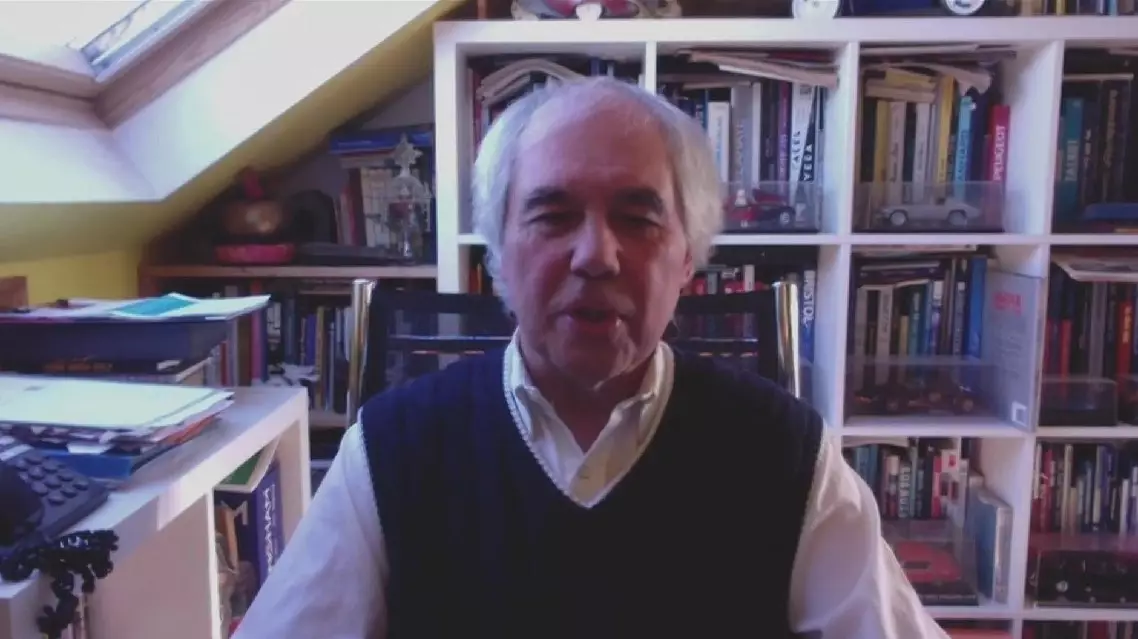
US wants to "buy time" for domestic industries with tariffs hikes on China: analyst




